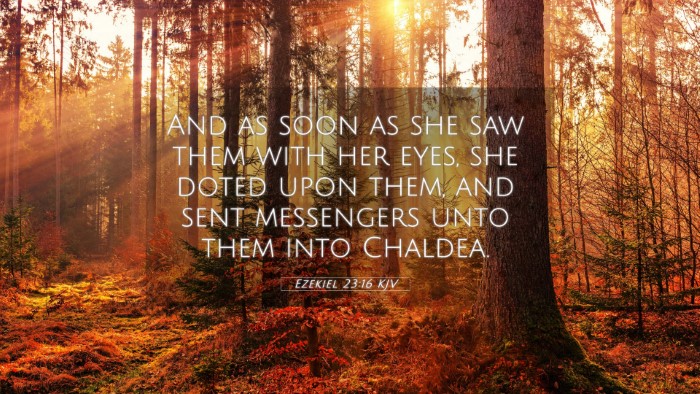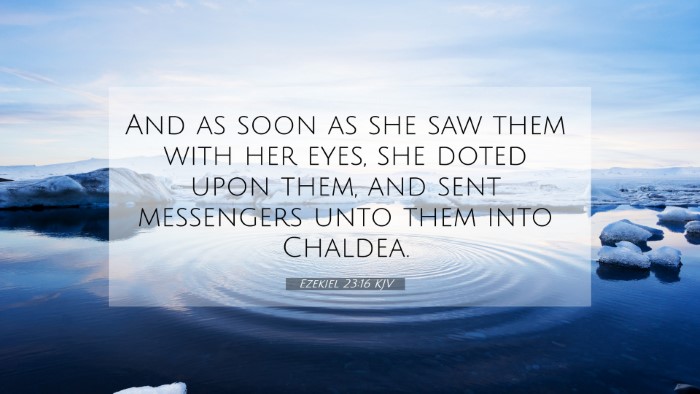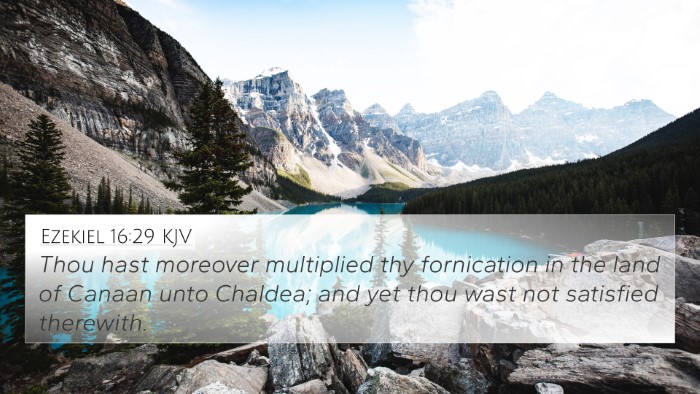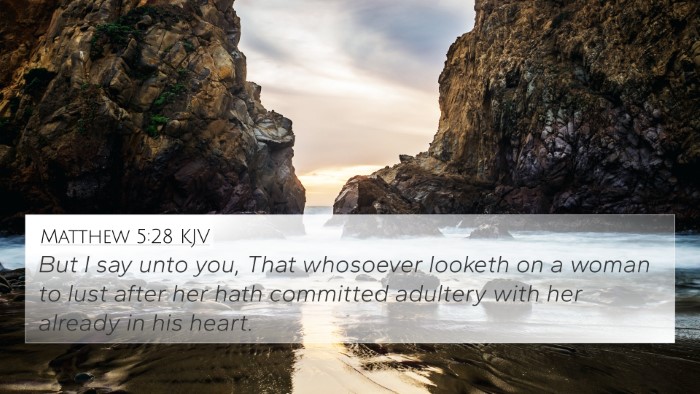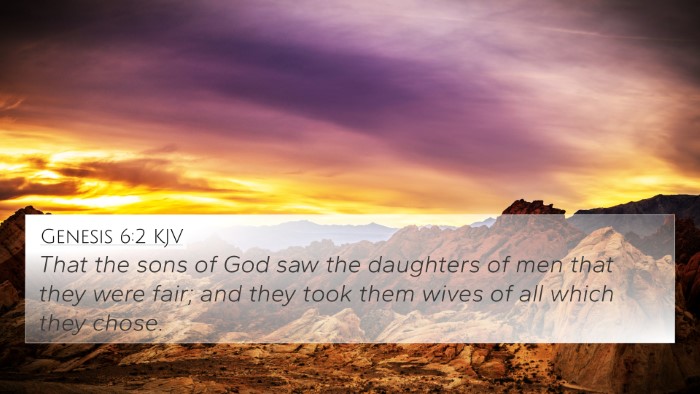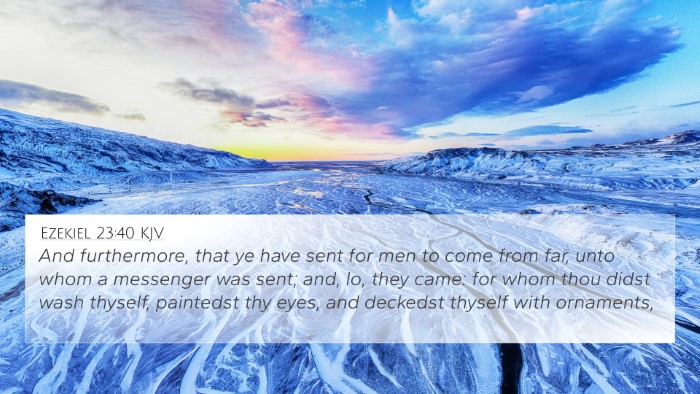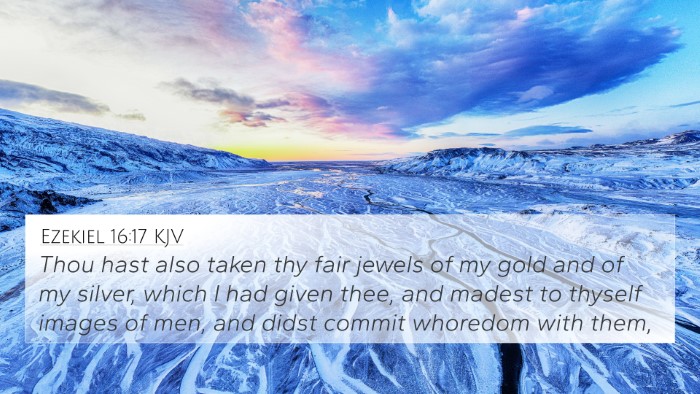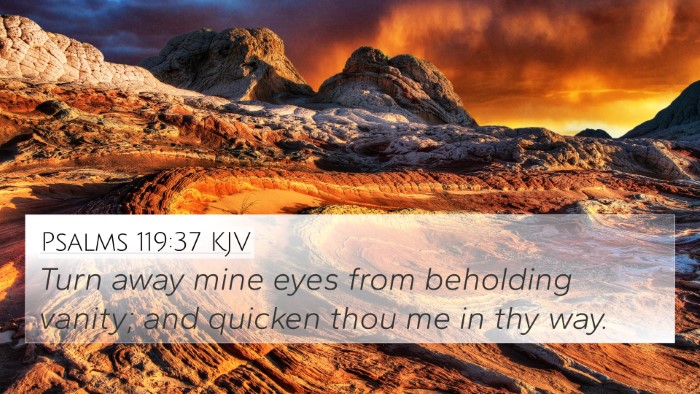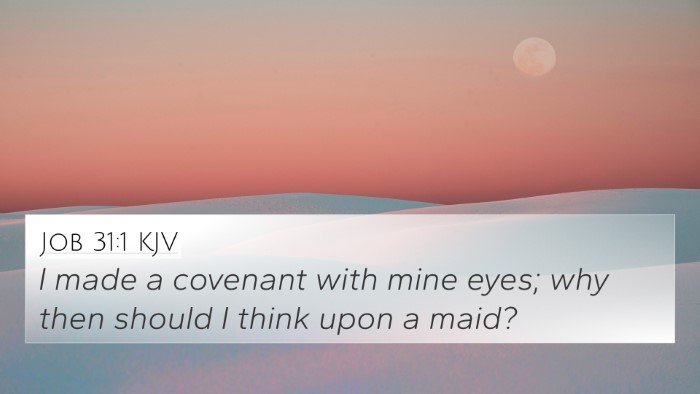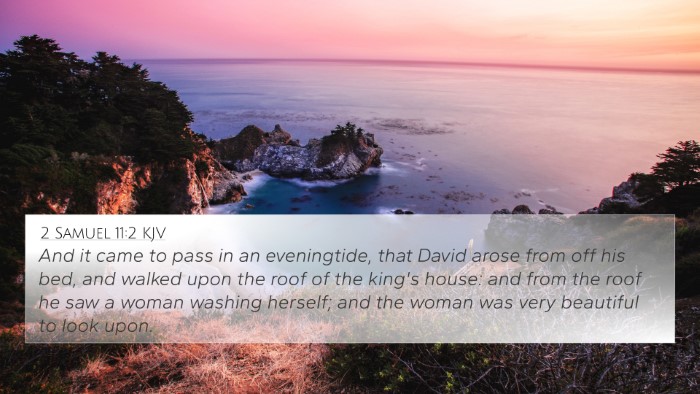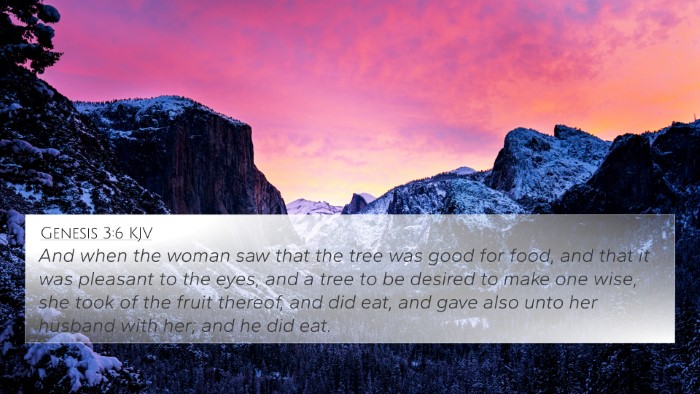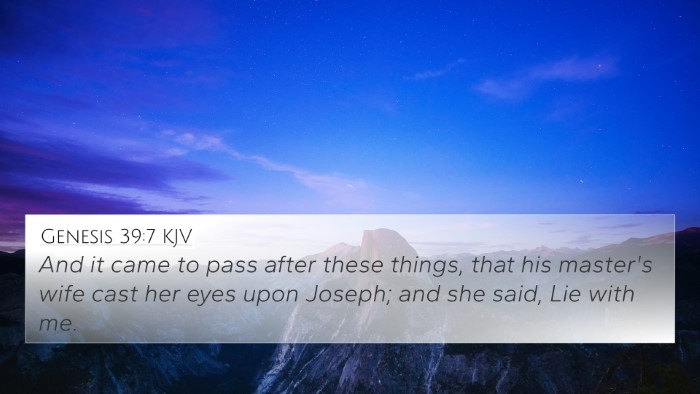Ezekiel 23:16 - Analysis and Interpretation
The verse Ezekiel 23:16 states: "And as soon as she saw them with her eyes, she doted upon them and sent messengers unto them into Chaldea."
Contextual Background
This passage is situated within a broader allegory used by the prophet Ezekiel to illustrate the waywardness of Israel and Judah. Ezekiel often presents Jerusalem as a woman who has committed spiritual adultery by turning to foreign alliances and idolatry.
Commentary Insights
-
Matthew Henry's Commentary:
Matthew Henry emphasizes that the verse illustrates the inclination of Israel's leaders and people towards alliances with foreign nations, paralleling the unfaithfulness of a wife towards her husband. The term "doted" shows an intense longing and desire that leads to betrayal of their true allegiance to God.
-
Albert Barnes' Notes:
Barnes points out that the messengers sent to Chaldea symbolize the active pursuit of alliances that Israel believed would provide security and prosperity. This act represents a reliance on political power rather than faith in God, revealing their spiritual blindness.
-
Adam Clarke's Commentary:
Adam Clarke highlights the implications of this longing shown by Israel. He notes that such actions resulted in inner corruption and an invitation for judgment, as their hearts turned away from worshipping the true God in favor of seeking fulfillment from pagan nations.
Thematic Connections
The themes present in Ezekiel 23:16 connect strongly with notions of idolatry, betrayal, and spiritual infidelity. This verse serves as an important reminder of the dangers associated with misplaced trust and reliance on worldly entities.
Cross-References
- Isaiah 30:1-3: This passage warns against seeking help from Egypt, reflecting a similar theme of misplaced trust.
- Hosea 1:2: God instructs Hosea to marry a harlot, paralleling the unfaithfulness presented in Ezekiel.
- Jeremiah 2:13: This verse speaks of forsaking God, the fountain of living waters, for broken cisterns.
- James 4:4: In the New Testament, James condemns friendship with the world as enmity against God.
- Revelation 17:1-2: The imagery of the harlot in Revelation alludes to the corrupt alliances of religious and political entities.
- Ezekiel 16:31: This earlier chapter discusses Jerusalem's unfaithfulness, drawing a direct parallel to Chapter 23.
- Proverbs 1:10-15: This warns against being enticed by sinners, a theme echoed throughout the prophets.
Insightful Reflections
Reflecting on Ezekiel 23:16 allows us to ponder the ways we might also seek security or validation through unholy alliances rather than trusting in God's provision. It serves as a moral lesson on fidelity to our commitments, especially in our spiritual walk.
Practical Applications
For modern believers, this verse challenges us to examine our allegiances and dependencies. Are there areas where we seek worldly answers that detract from our relationship with God? It invites a deeper introspection of our hearts and our commitments.
Conclusion
Ezekiel 23:16 is a profound reminder about the consequences of unfaithfulness and the nature of spiritual betrayal. By consulting key commentaries and examining inter-Biblical links, one gains a clearer understanding of the multifaceted meanings contained within this verse.
Further Study and Resources
To deepen your understanding of Ezekiel 23:16 and its themes, consider utilizing tools for Bible cross-referencing and a comprehensive Bible concordance. Engaging with various translations and commentaries will enrich your study further.

